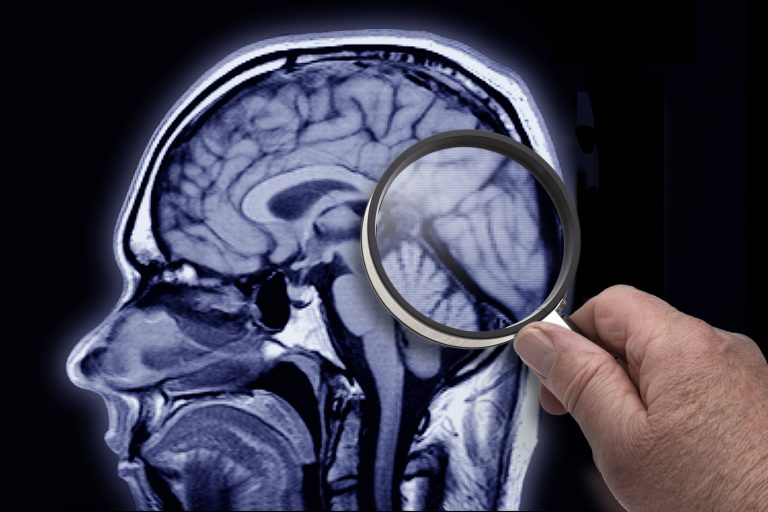
The University of Arizona will receive a $60M five-year grant from the National Institutes of Health to develop and run a Precision Aging Network to investigate the aging brain and help develop more effective treatments for conditions such as dementia.
Diseases of the aging brain impact many people –50 million people around the world live with some form of dementia and this is predicted to double every 20 years– and are hard to treat. Precision medicine has already had success in other areas, such as cancer, and the aim of the new network is to try and apply these principles to diseases of the aging brain and neurological system.
In addition to the University of Arizona, which has a strong history of aging research, the network will include researchers from Arizona State University, Emory University, Johns Hopkins University, Baylor College of Medicine, the Georgia Institute of Technology, the University of Miami and the Phoenix-based Translational Genomics Research Institute, or TGen.
“You’re going to age differently from me, and I’m going to age differently from someone else. We all need a prescription that fits us individually if we are to optimize our cognitive health,” said project leader Carol Barnes, a University of Arizona professor in the field of psychology, neurology and neuroscience, in a press statement discussing the new network.
“We’re interested in exploring more deeply: What is a normative aging brain? What are the fundamentals? Because we can’t understand the diseases that happen in an aging brain until we understand the fundamentals of what is a generally normative aging brain.”
The network will recruit 350,000 adult participants from across its different sites and collect demographic, lifestyle and health information, as well as cognition data.
Some of the participants will be asked to join four more in-depth studies at the University of Arizona in Tucson, Emory University in Atlanta, Johns Hopkins University in Baltimore and the University of Miami in Florida. These studies will be designed to investigate the neural mechanisms that are needed for the aging brain to keep performing well and also those underlying cognitive impairment and diseases such as Alzheimer’s disease.
Diversity is a key concern for those involved in setting up the network and the researchers involved plan to recruit large numbers of Hispanic, Black and other ethnic minorities into the study to make sure its findings are applicable across the U.S. population.
“A very small proportion of the research on aging has focused on racial, ethnic and cultural differences in the aging process, so we think that’s an absolutely critical component,” said Lee Ryan, head of the University of Arizona Department of Psychology and another of the Precision Aging Network’s associate directors.
TGen launched a website portal investigating healthy aging in 2013 called MindCrowd. Individuals can fill in a test online and depending on their results may be invited to also take part in genetic testing. Over 225,000 people have already completed the online test. The new network will use this pre-existing platform to reach out to the public and participants.
“Our collaborative work — which consists of a combined study that makes use of cutting-edge and traditional research approaches — is poised to make an impact on how we age and avoid age-related brain diseases,” said Matt Huentelman, TGen Professor of Neurogenomics, one of the founders of MindCrowd and another associate director of the Precision Aging Network.













